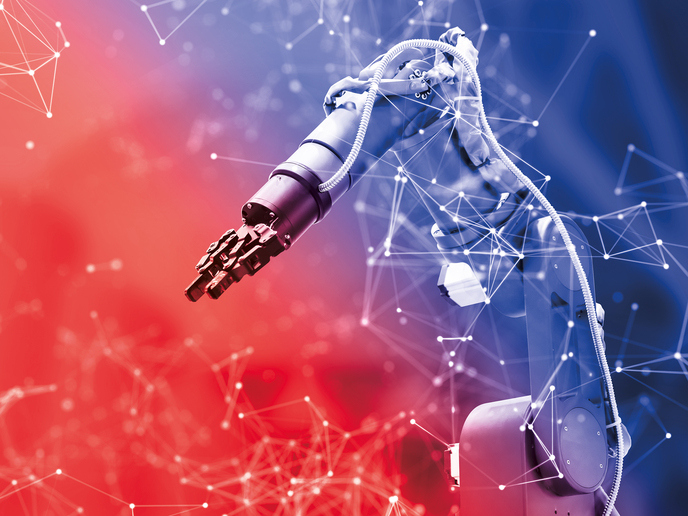Bridging the AI knowledge gap between Europe and Japan
Artificial intelligence is revolutionising the manufacturing sector. By integrating AI with other advanced technologies and systems, Europe’s manufacturing sector has already achieved unprecedented levels of adaptability, efficiency and robustness. Yet leveraging AI’s full potential will require partnerships, knowledge exchange and international cooperation, says Damir Haskovic, project coordinator of the EU-funded project EU-Japan.AI(opens in new window) (Advancing Collaboration and Exchange of Knowledge Between the EU and Japan for AI-Driven Innovation in Manufacturing) and researcher at the independent innovation organisation MINDS & SPARKS(opens in new window) in Austria. The EU-Japan.AI project is helping to facilitate this type of cooperation. “While there are good industrial links between Japan and some European countries, such as Germany and the United Kingdom, knowledge of Japanese manufacturing practices is limited in most other countries,” explains Haskovic. “Similarly, while Japanese stakeholders are aware of major European countries’ activities, their knowledge of smaller and medium-sized states is very limited.” To bridge this gap, the project aims to develop a platform-based approach to connect relevant stakeholders from the EU and Japan and support knowledge exchange on innovative AI applications for manufacturing. “The end goal is to establish and stimulate long-term cooperation in areas relevant to AI-driven innovation in manufacturing and digital industries,” adds Haskovic.
Several early challenges
Launched in January 2021, the project has faced several early challenges, many of which relate to the COVID-19 pandemic. Travel restrictions limited the ability to hold workshops, engagement events and twinning activities – all of which are essential to advancing international collaboration. This in turn has made it more difficult to engage with the project’s Japanese partners. “By quickly adapting our methods and shifting our efforts to the digital domain, we’ve been able to advance our work and have already achieved a number of important results(opens in new window),” notes Haskovic. Among these early results is the technical implementation of the web platform(opens in new window) and its integration with the OECD AI Policy Observatory(opens in new window). This unique platform helps researchers understand how AI is being used in the manufacturing setting within both the EU and Japan. “This platform allows us to identify the potential benefits of and opportunities for EU-Japanese collaboration in the field of AI for manufacturing,” says Haskovic. “They will also pave the way for developing concrete plans to support stakeholders in leveraging these benefits.”
Enhanced cooperation ahead
Haskovic says that the project is progressing well and that researchers are keen to build on this momentum. “We expect to see enhanced cooperation between various stakeholder groups in Japan and the EU, particularly between research funding agencies, local governments with strong manufacturing bases, and SMEs,” he adds. To achieve this, the project is currently focused on refining and improving the platform’s functionality, adding new features, and increasing the number of active users. “By building a user-friendly, central hub for all things relating to AI and manufacturing, we are confident our platform will grow into a vibrant online community that facilitates knowledge exchange, cooperation and partnership between EU and Japanese stakeholders,” concludes Haskovic.







